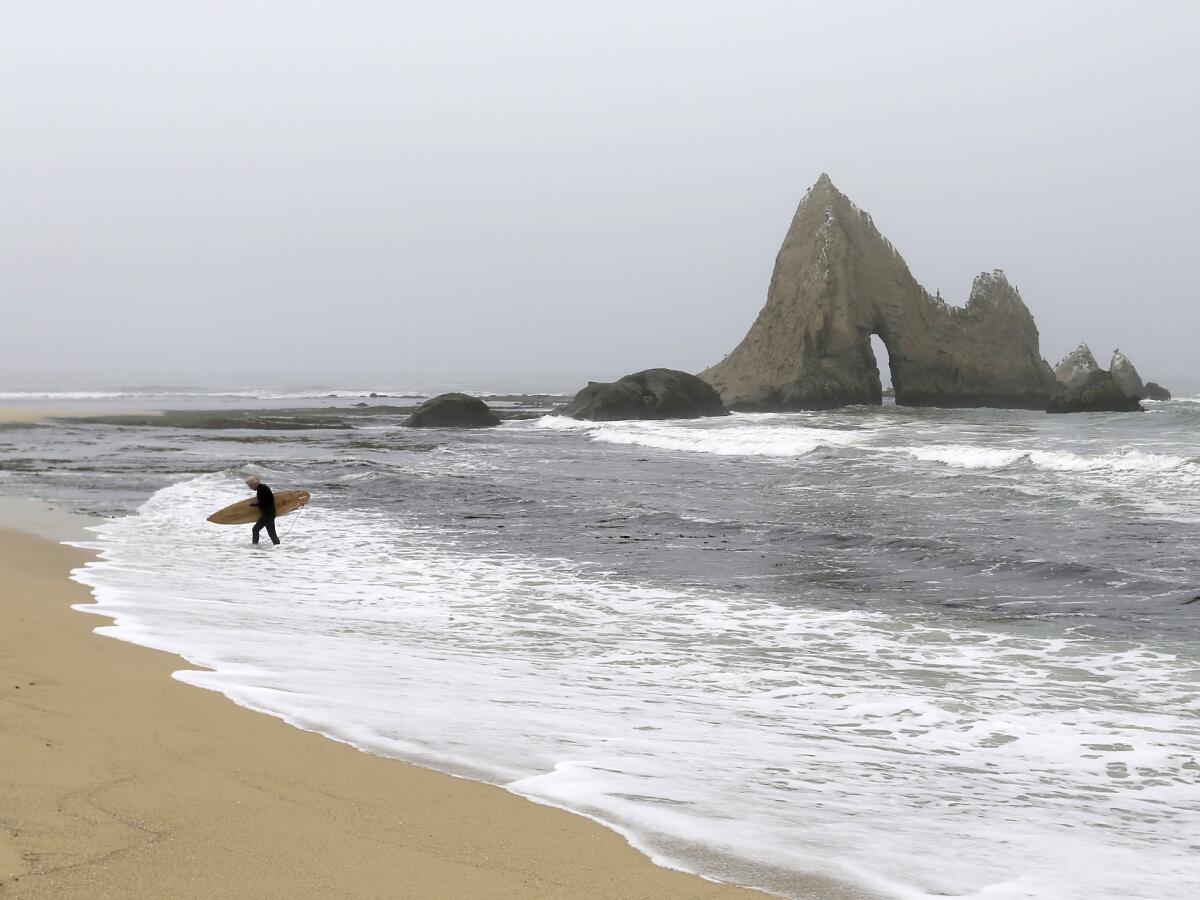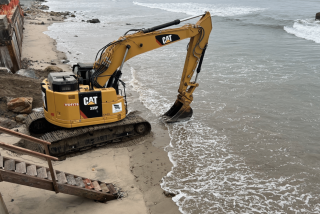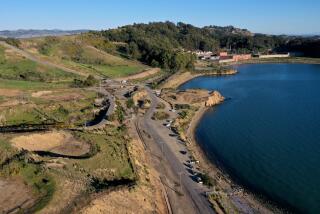Editorial: Can an entitled California billionaire ever learn to share the beach?

Public access to the beach in California is enshrined in state law and cherished by all. But securing that access often requires a fight with beachfront property owners who don’t think they owe it to anyone.
Billionaire Vinod Khosla has been famously battling the California Coastal Commission and state officials for a decade over whether beachgoers have the right to cross his 89-acre property to get to scenic Martins Beach, south of Half Moon Bay. The only overland access is a road through Khosla’s property.
For a century prior to Khosla’s purchase, beachgoers took that road down to the beach to swim, surf, fish and hold family gatherings. The previous owners maintained the road and provided public bathrooms and other amenities. After Khosla bought the property in 2008, he kept the road open and tried to maintain the amenities but found them too costly. So he closed the gate, blocking the road, and hired security to keep people out. Since then, nonprofit coastal access groups and Khosla have filed several lawsuits over beach access, and the Coastal Commission has tried to negotiate with him to open the gate on a regular schedule. The commission also offered to help find a nonprofit to maintain the road and furnish amenities.
Now the Coastal Commission and the State Lands Commission are suing Khosla to establish once and for all that access to Martins Beach through this property is a right and not a perk.
It’s rare for the Coastal Commission to take someone to court, but in this instance it’s necessary to show a stubborn landowner that he cannot restrict public access.
In the past, Khosla has won some legal battles and lost more. A couple of years ago, a court told him he could not close the gate unless he got a coastal permit to do so. He appealed that one all the way to the U.S. Supreme Court, but the high court refused to hear it. More recently, an appeals court in San Mateo ruled that the evidence presented in the case was insufficient to show that the previous owners of the beachfront property had dedicated the road to public use. But the Coastal Commission plans to offer evidence that visitors have used the road through the property for a century as if it were public and have acquired a right to continue using it.
Khosla’s lawyer put out a statement saying the state is trying to seize Khosla’s property, which she described hyperbolically as a tactic “commonplace in communist systems” but not tolerated in the American system of government. No, what’s not tolerated — in California — is taking away public access to the coast.
More to Read
A cure for the common opinion
Get thought-provoking perspectives with our weekly newsletter.
You may occasionally receive promotional content from the Los Angeles Times.










